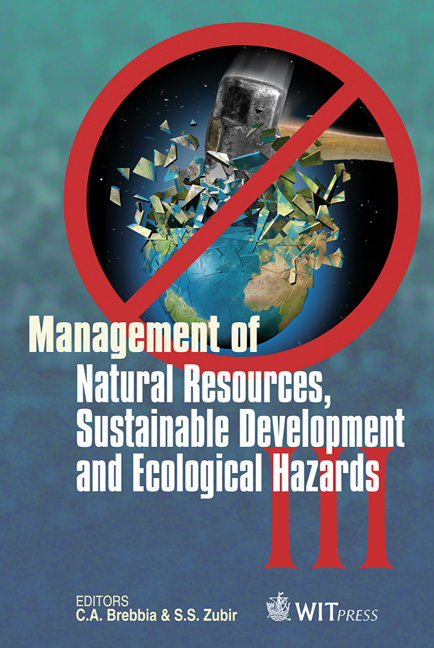Zero Food Miles Super-circuit
Price
Free (open access)
Transaction
Volume
148
Pages
12
Page Range
161 - 172
Published
2011
Size
3,618 kb
Paper DOI
10.2495/RAV110161
Copyright
WIT Press
Author(s)
S. S. Zubir, F. R. Razali, Q. Norhisham & Y. Rahman
Abstract
The manifestation of this project starts with the idea of reclaiming undefined spaces around the Berlin S-bahn network. The potentials for intervention of urban spaces along the ring are enormous as they are well connected to the rest of the city. Demand for sustainable food is on a rapid rise in Germany, and organic food producers are unable to keep up with the increasing demand. In Berlin, food travels an approximate half of the city’s length before it reaches the consumers, contributing greatly to thousands of food miles. This fact sparks a number of design notions of the possibility to plant food within the confinements of the city to supply the need of the urban populace and beyond. The chosen site for this proposal is between two stations, Westhafen and Beusselstrasse, strategically located along the river and Tegal airport further enables it to be an important transit and epicentre for future expansion that link the whole of the SBahn ring. The preference towards this type of food production is new and could be accepted as more Berliners opt for organic and locally-produced food. The mechanism of plot ownership leads back to the traditional allotment gardens owned by the city dwellers. Keywords: urban agriculture, S-bahn ring, food miles, sustainable, organic food, public-park.
Keywords
urban agriculture, S-bahn ring, food miles, sustainable, organic food, public-park





